Are you still coping with the after-effects of your family enmeshment? But if anyone asks you to define enmeshed family, you might be left searching for words, because now you know things that seemed normal back then are highly dysfunctional. But how to overcome enmeshment?
Do you have a strong sense of who you are?
Do you tend to take responsibility for other people’s feelings?
Do you carry the weight of other people’s problems on your shoulders?
Creating a strong identity and sense of self is a fundamental part of our mental, emotional, and spiritual development growing up.
All children undergo a natural process of attachment to their parents as babies and then disconnected from their parents during toddlerhood through to adolescence. Detaching from our parents is essential if we are to function in a healthy and mature way in the world as adults.
But often times we are not permitted by our parents to go through our detachment phase. In other words, we are not allowed to develop an individual identity and a clear sense of IAMness. Instead, we are enmeshed and undifferentiated from our parents, just as a baby is.
Related: Why It’s Okay To Cut Toxic Family Members Out of Your Life
The Dangers of Not Having a Clear Sense of Self
What happens when we remain undifferentiated from our parents? What happens when we don’t have a strong identity?
The answer is that we cannot function in a healthy way in our relationships. We may face issues such as:
- Codependency
- Social anxiety
- Toxic/abusive relationships
- Depression
- Emptiness
- Neediness
- Attracting needy/unhealthy friendships
- Empathic overload
- Low self-worth
And this is just the tip of the iceberg.
If you have trouble with human connection and relationships, you might have experienced toxic family enmeshment growing up.
As the notable psychologist, Dr. Tim Clinton writes:
Enmeshed relationships leave a legacy of heartache and manipulation. But that legacy can be changed if we are willing to open our eyes…It is possible to break the pattern of enmeshment and break through to freedom—to that place where we are able to give and receive true love.
There is always hope for change.
Keep reading to educate yourself, find answers, and gain clarity.
What Is Enmeshment? Definition of enmeshed family
Enmeshment is a psychological term that refers to blurred, weak, or absent boundaries between people, often occurring in families and romantic relationships.
When a person experiences enmeshment with their mother and father, for instance, they will be incapable of separating their feelings and thoughts from their parent’s feelings and thoughts.
In other words, they will have a poor sense of self and no clearly formed identity.
Enmeshment creates tremendous dysfunction within families and damaging impacts later in adult life.
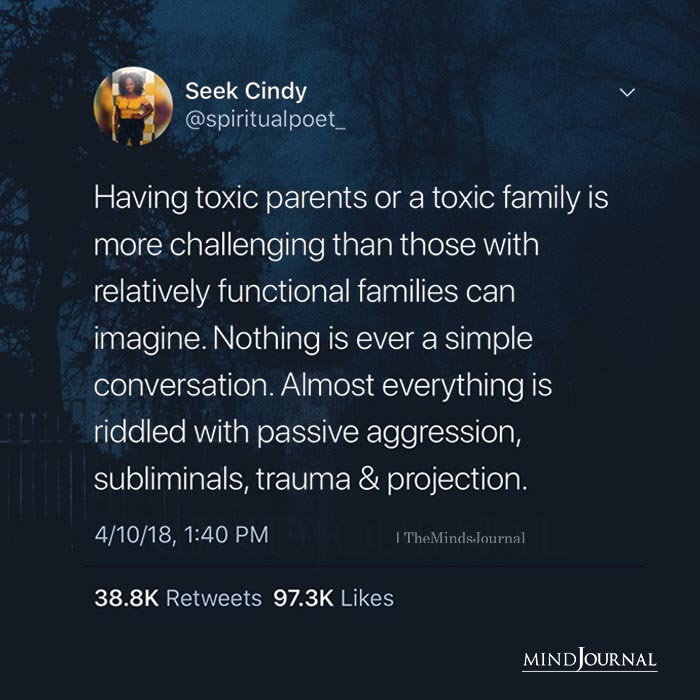
10 Signs You Experienced Toxic Family Enmeshment
Enmeshment usually begins in childhood within our families. Think about your upbringing for a few moments. Can you relate to any of the following signs of enmeshment?
- Being autonomous, doing your own thing, or making unique choices was seen as a sign of betrayal
- Everyone in the family was overly involved in each other’s lives and there was little privacy
- You felt shamed or rejected for saying “no” to any of your family members
- One or both of your parents were controlling and strict
- You felt that you had to be who your parents wanted you to be – you weren’t allowed to be your authentic self
- Your family made decisions as one entity (groupthink), not as individuals coming together to share their opinions
- If one family member felt anxious, angry, or depressed, everyone felt and absorbed it
- You felt the need to care for your mother or father AND/OR you felt the need to parent your mother or father (also known as parentification)
- Your achievements or failures defined your family’s sense of worthiness
- Your family was built on the foundation of power and submission, rather than equality and respect
Take a deep breath and let the above signs of enmeshed family sink in.
Now assess how you feel. Do any of these signs ring a bell? Does this list describe your family in a scarily accurate way? If so, you can bet your bottom dollar that you’ve struggled with toxic enmeshment growing up.
Related: 5 Helpful Tips To Deal With Toxic Family And Save Yourself
Why Did Your Parents Create an Enmeshed Environment?
“Your children are not your children. They are the sons and daughters of Life’s longing for itself. They came through you, but not from you, and though they are with you, yet they belong not to you.”
– Kahlil Gibran
There are a number of different reasons why your parents created an enmeshed environment growing up – mostly, the reasons were unintentional and unconscious. In other words, your parents likely did not deliberately set out to put a stop to your mental/emotional differentiation … it kind of just happened.
But why? And how?
The first reason may have been that you experienced a dangerous illness, trauma, or significant issue in school that caused your parents to become protective of you. As you grew older they struggled to let go of the role of the protector (fearing you would become vulnerable again) which squashed your development.
The second, more common and likely reason enmeshment occurred was that your parents learned it from their parents growing up. If your grandmother or grandfather were overly involved in your parent’s life, this style of parenting may have been passed along as a toxic cross-generational pattern. The root of this behavior is fear, and this fear can spread like a virus.
“What is there to be fearful of?” you might wonder. There are many reasons why parents are scared of letting their children develop mature identities. Some reasons include:
- Fear of the child growing up and moving away (or abandoning the parent) which stems from a fear of being alone
- Fear of being obsolete in the child’s life (and thus serving no purpose or being worthless) which stems from low self-worth
- Fear of being independent and autonomous in the world (and therefore keeping the child dependent on them)
- Fear of having one’s role as a caretaker/parent obliterated (thus a fear of emptiness/nothingness or the obliteration of their identity)
- Fear of having one’s purpose taken away (being child-rearing) thus a fear of purposelessness
… and many other complex fears which cannot fully be covered here. Here you might like to pause and ask yourself, “What fear was at the root of my parent’s behavior?” Take a few moments to reflect.
How Enmeshment Impacts Us As Adults
Enmeshment is a pattern that becomes deeply embedded within us. As adults, many of us are so oblivious to it that we can go years, even decades, without understanding what is happening to us in our relationships.
With enmeshment, we were raised to see ourselves as an entity, as “us,“ instead of being raised in a healthy family dynamic that permitted us to be our unique selves.
Let me tell you about a textbook case of toxic family enmeshment that came from my own childhood.
Growing up, I was raised in a fundamentalist Christian family. My family believed that their religion was the “one true path” on earth and everyone who didn’t have the same beliefs as them was destined to burn in hell eternally as decreed by an “unconditionally loving” God. I shit you not. This is actually what I was raised believing.
Thankfully I cut away from all that BS in my early twenties. It has taken me years to understand just how toxically enmeshed I was with my parents – which they likely adopted from their own parents. I remember my mother saying, “If mother ain’t happy, ain’t nobody happy” over and over again growing up. Now, if this isn’t a textbook catchphrase of toxic enmeshment, I don’t know what is.
And it was true: if my mother wasn’t happy, everyone in the family felt it. If she was sad, we all felt sad. If she was angry, we all felt angry.
I once remember witnessing how angry she was at being mistreated and feeling so angry myself that I was physically shaking and felt like I would explode. There were no clear lines, no clear boundaries, no clear sense of “me” or “mine.” Instead, the lines were vague, blurred, or non-existent. Individuality and personal sovereignty were in most cases rejected or shunned.
Later, as I entered a relationship with Mateo, I felt myself become consumed by the fires of romance. But this was not a healthy type of romance for me: it was a matter of life and death.
I remember thinking, very early after leaving my fundamentalist Christian family that if Mateo were to leave me I would kill myself. I couldn’t stand the idea of not having him in my life.
Thankfully I have done a lot of inner work and soul-searching since then. I no longer see him as “completing me” but as complementing me.
Thanks to my intentional process of individuation, I now have a much stronger sense of self (although I still do struggle with taking responsibility for other people’s mess – but that’s a work in progress).
Enmeshment has far-reaching and profound effects on our lives.
Related: How Adults Can Get the Distance They Need from Toxic Families
Here are 13 ways enmeshment may impact you as an adult:
- You feel the need to rescue everyone around you
- You feel the need to be rescued
- You take responsibility for other people’s feelings, habits, and choices
- You can’t tell the difference between your emotions and the emotions of those around you
- You struggle to give yourself (or others close to you) personal space
- You feel like your partner “completes” you and without them, you would be nothing
- You get tangled up in the drama of other people’s lives easily
- You feel betrayed when someone close to you wants to do their own thing without you
- You define your worth by how useful you are to others
- You confuse obsession with care
- You don’t really know who you are (your sense of self is weak)
- You easily lose your identity in the presence of others
- You don’t have many interests or hobbies outside of your family/friends/romantic relationships
- You might make other people responsible for your emotions (rather than taking responsibility yourself)
Stop and reflect. What is your response to the list of symptoms above? How do you feel when you read them? Take a few moments to breathe and tune into your body. Do any strong feelings emerge? If so, what are they? It’s normal to feel triggered by these symptoms if you struggle with enmeshment.
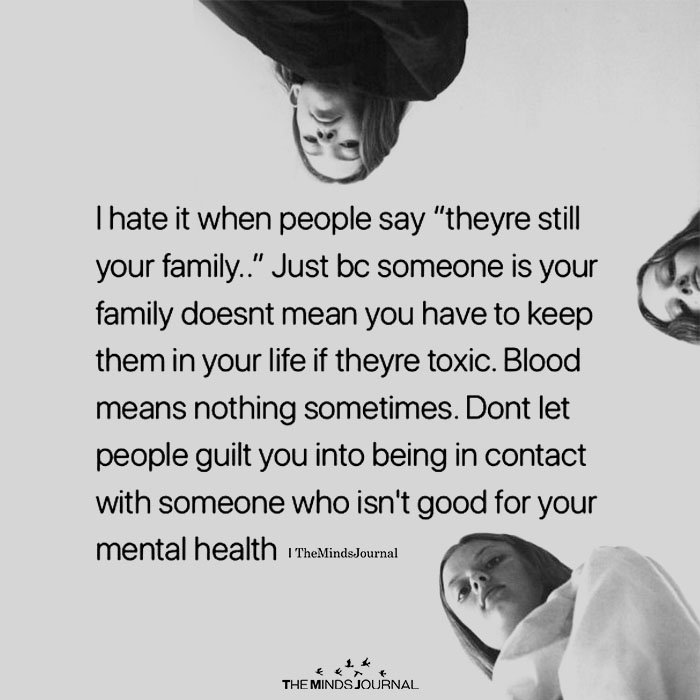
How to Step into Your Power and Overcome Enmeshment
Here are a variety of practices you might like to explore to help strengthen your sense of self:
Here are a variety of practices you might like to explore to help strengthen your sense of self:
1. Be a detective: explore your own interests
Finding out what you’re passionate about is an exciting path. Yes, you might feel a little confused or dazed at first, but keep persisting. Exploring interests outside of your relationships will give you more personal autonomy. More autonomy = a stronger sense of self = more personal empowerment.
Try researching hobbies online. Pay attention when anything catches your interest or when you would secretly like to do the same thing as another person. For example, I discovered my passion for alcohol ink after stumbling across a few beautiful pieces of art online. I then decided to invest in a small course and learn the basics and later bought my own inks to experiment with.
2. Set boundaries and respect your right to say “no”
Boundaries are an essential step in learning how to overcome your enmeshment patterns. You absolutely need to focus on how you feel around others and what is okay vs. not appropriate.
Putting your foot down and drawing a line can feel uncomfortable at first. But don’t worry, everyone experiences pangs of discomfort when learning new skills – and that is what boundary setting is: a skill you hone. Read more about setting clear personal boundaries.
3. Learn to enjoy being alone
Growing up in an enmeshed environment can make it hard to spend time alone in solitude. You may feel lonely, bored, or depressed when alone because you have not learned to enjoy your own company.
To strengthen your sense of self, try setting time aside each week to be alone. Make your alone time enjoyable by setting yourself tasks that you love doing like gardening, painting, cooking, writing, reading, or anything that relaxes you.
You might like to dedicate your alone time to practicing self-care, such as making yourself a soothing bubble bath, listening to music, doing yoga, or sitting outside in nature. I also recommend some form of journaling which involves keeping a private journal in which you record your thoughts and feelings.
This is a wonderful way to differentiate yourself from others. (Note: you don’t have to be a writer, write long paragraphs, or be good at spelling – even just a few words or sentences will do.) Learn more about how to journal.
4. Read lots of books and take personality tests
Self-discovery and self-awareness will be important parts of your journey if enmeshment is an issue for you. One of the most interesting and exciting ways I began differentiating myself from others was through self-help books and personality tests. There are tons of brilliant self-help books out there such as Daniel Goleman’s Emotional Intelligence and the old gem How to Be Your Own Best Friend by Mildred Newman and Bernard Berkowitz. You can also find many tests on our website in our free tests section.
5. Practice the fine art of self-love
Learn how to love and accept who you are. I encourage you to practice self-discovery (mentioned above) alongside self-compassion. Strive to take care of your physical, mental, emotional, and spiritual needs. If this sounds overwhelming, I encourage you to check out my free self-love guide: How to Love Yourself.
Regain Your Personal Sovereignty
The entire point of this article has been to help and inspire you to regain your personal sovereignty. Personal sovereignty is the ability to be the ruler of your own life and to clearly understand (and meet) your own needs, desires, and dreams. I hope you have a few more paths now to explore on your journey of healing and wholeness.
Related: The Narcissistic Family Tree: 12 Common Dynamics of a Dysfunctional Family
Written by Aletheia Luna Originally appeared on Loner Wolf
Please let us know your thoughts on family enmeshment or relationship enmeshment by commenting below!
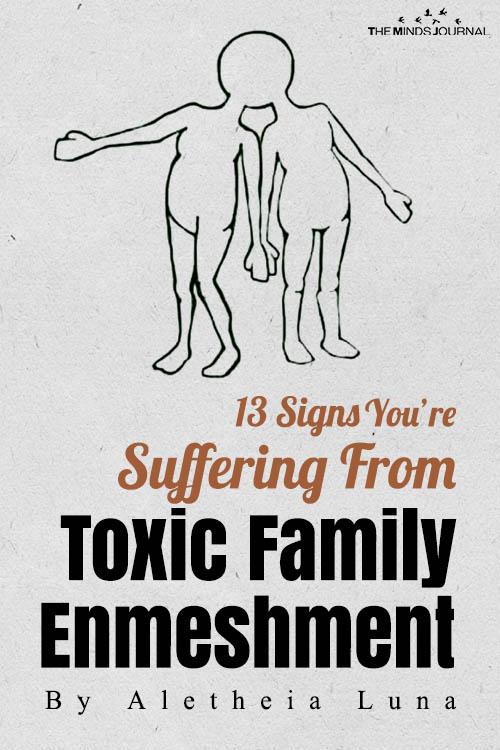
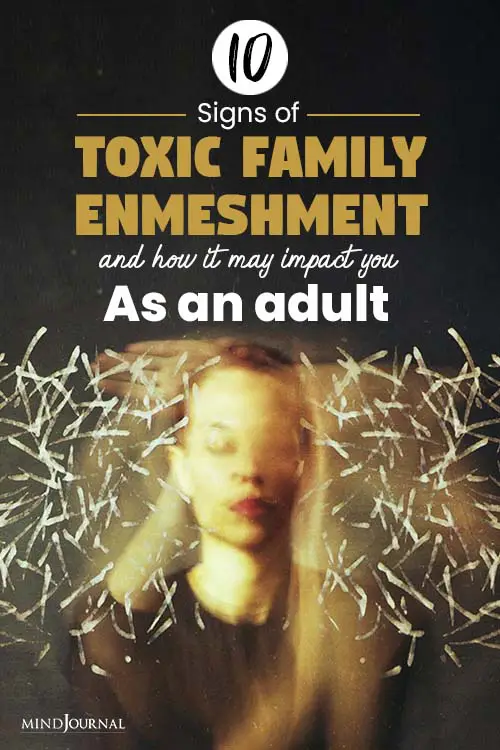
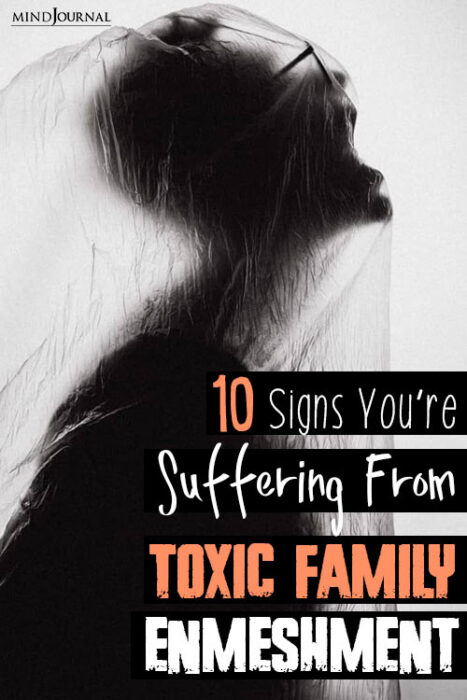
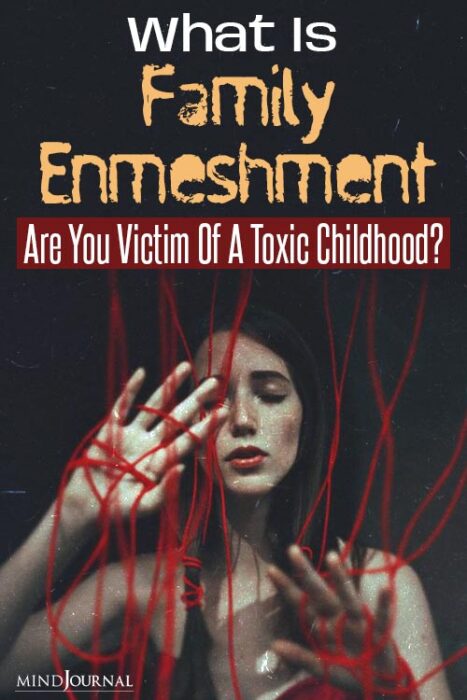
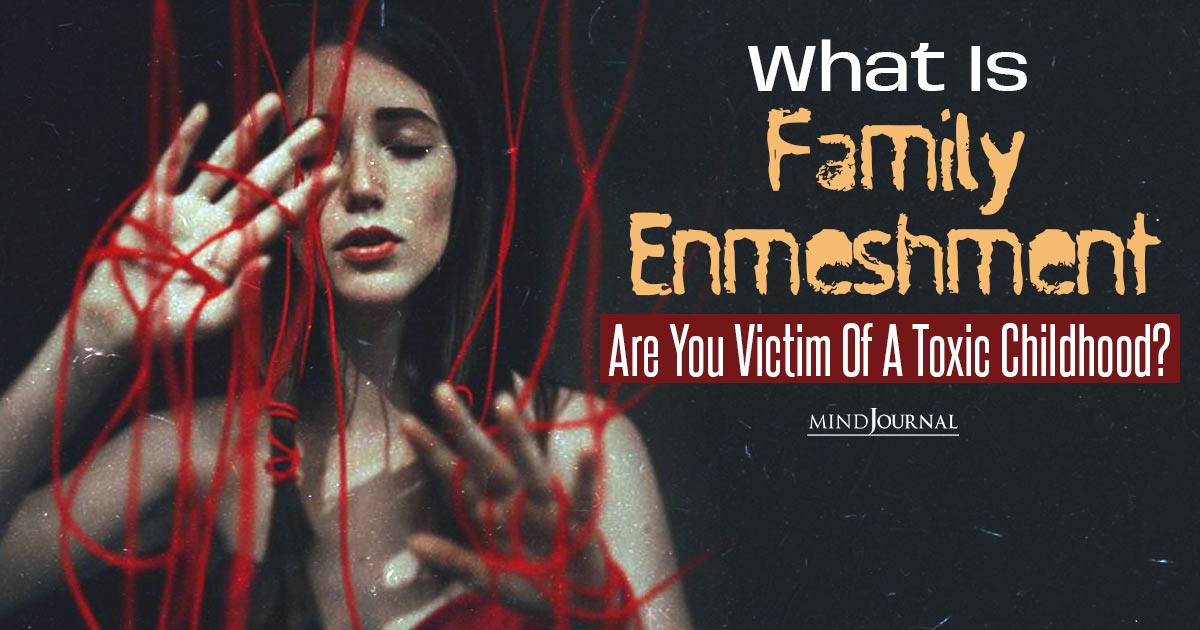
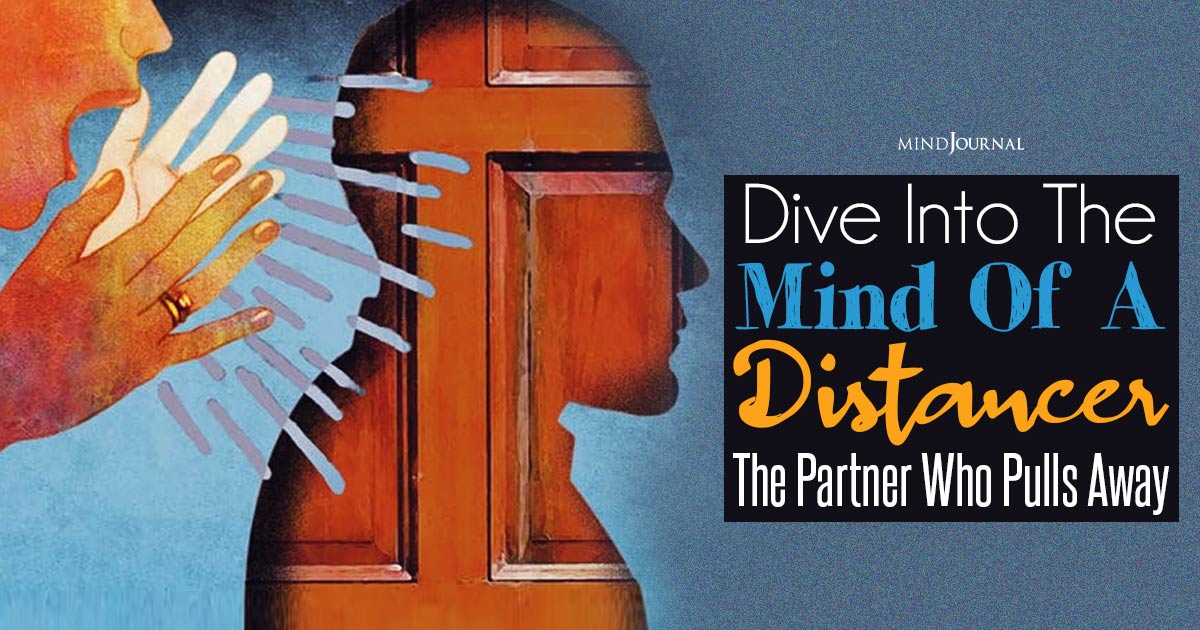


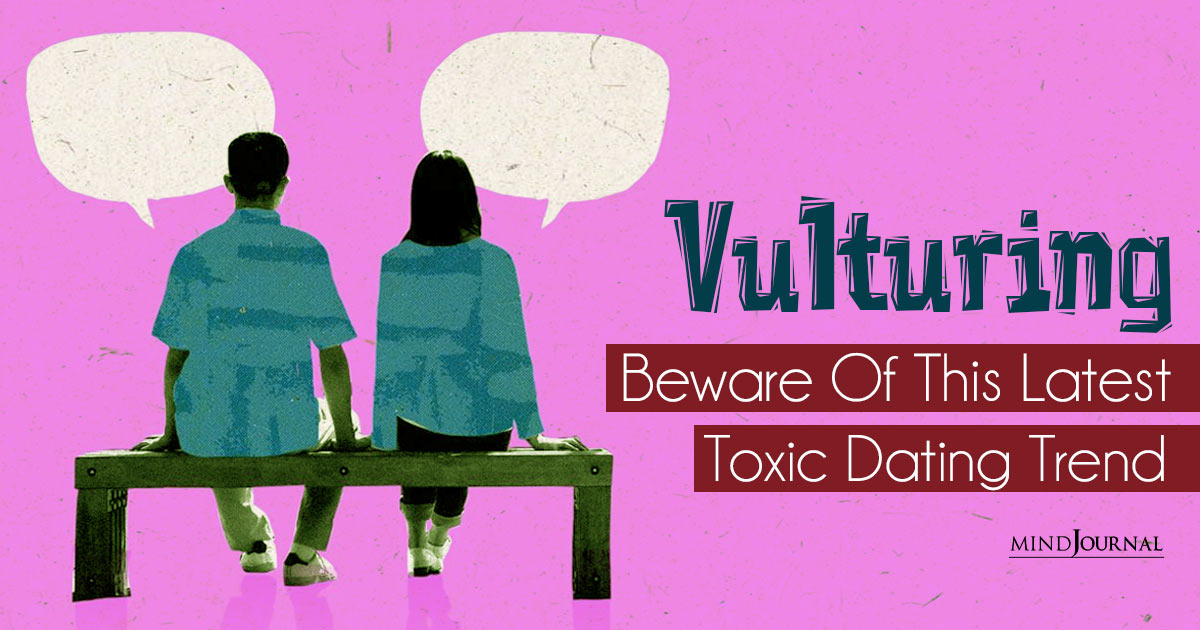
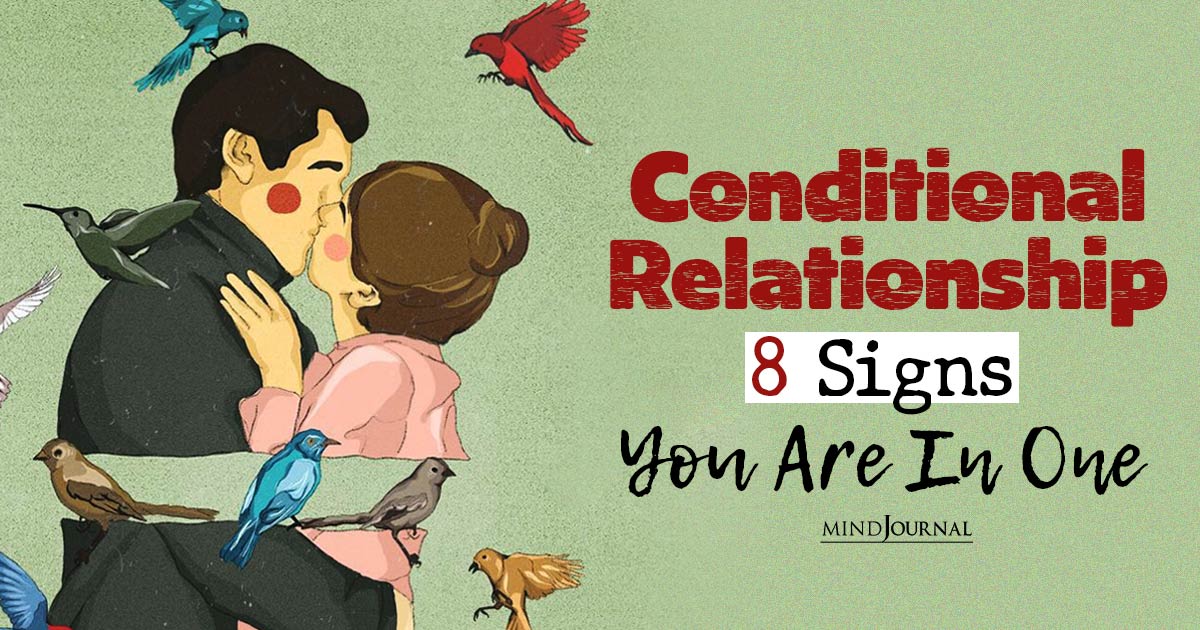


Leave a Reply
You must be logged in to post a comment.